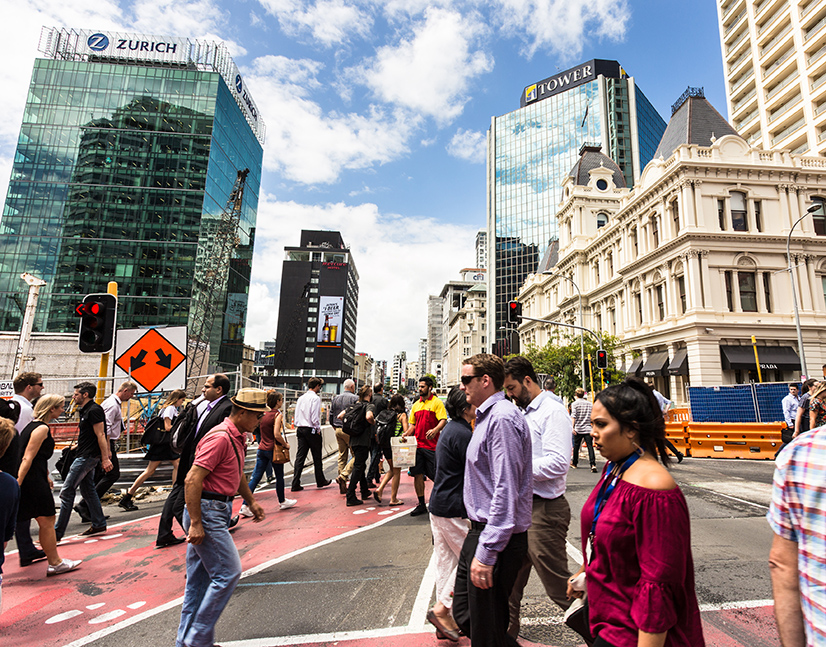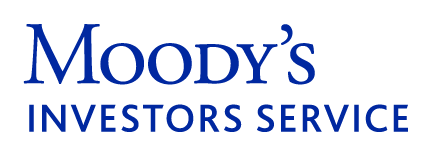
The COVID Diaries: New Zealand issuer 1
The following interview is with a New Zealand based bond issuer. It was conducted on 19 March 2020.
We are now into the second month of home working. Is cabin fever starting to set in? Do you think we can continue doing business in this fashion for three to six months?
I have two young kids who, after two weeks, haven’t yet got the concept that me disappearing through the magic door – that was previously the nursery – means I’ve disappeared, like a superhero might, to do good in the office somewhere far, far away. Either that, or my 2-year old already understands that fixed-income markets aren’t as exciting as I think they are and I’m just staring and talking to screens all day.
Humans are a resilient bunch so a lot of it is mental and managing your own expectations. For me, going for a walk around the block is something to look forward to, while supermarket shopping is almost a form of entertainment.
On the question of time, we are unlikely to have any control over this so we should work as if this is the new normal. Longer term, I believe the future of work will dramatically change for people who can work remotely. If the technology continues to develop – for example, investment in Zoom’s security – the time, expense and carbon footprint of business travel can, and I strongly believe should, be genuinely challenged. Perhaps coming into the office could be the exception that work-from-home used to be for some people.
This is an exciting area for discussion as it has implications for commercial property and office settings, and potentially challenges the notion of living where you work even more so than the odd exception.
Do you feel you have adapted to working from home and how close are you to business as usual – personally and in the sense of market functionality?
I believe we wouldn’t be far off business as usual if we weren’t in such an intense situation, so I am proud of how our team has adapted. We have daily stand-ups and maintain our weekly catch ups and development sessions, too.
From where I sit, intermediaries, lawyers and others appear to be functioning as well as they did previously so it appears as if the transition to work from home hasn’t led to major issues on that front. It is perhaps the kick we all needed for the market to change its ways of working.
“The big one for me is thinking about whether we can start to address inequalities in our society that have intensified since the financial crisis and take the opportunity to incorporate environmental and sustainability objectives into the stimulus plans.”
Has your view of the crisis and the nature of the challenges it presents changed? It seems Australia and New Zealand have prioritised public health over the economy, at least in the medium term – how are you thinking about that trade-off?
It’s much harder for others, obviously, but if we are successful in stamping out [COVID-19], it will be the right trade-off in my view. There will obviously be economic pain but let’s not be blind to the long-term opportunity it provides to reset some parts of the economy that were becoming, or already were, unsustainable.
Like in Australia, COVID-19’s impact has been mitigated by additional time to assess the most appropriate response, as well as natural geographical barriers and the relative ease of controlling our borders that comes with them.
I think a key observation is that the countries that experienced and learned from previous outbreaks have been relatively well prepared. It’s a wake-up call for a lot of Western economies that serious planning for a global pandemic is not just a ‘nice to have’. Much like earthquakes in New Zealand, it is something you simply need to be ready for if you want to manage what could be disastrous outcomes across public health and the economy.
Are you more or less optimistic about the crisis than you were during the early acceleration period of moving to home working and adding social distancing measures?
How do you think things will be different when we get back to normal? What changes to work practices, social changes and the economy can you see?
There will be flow-on effects to the economy but the big one for me is thinking about how this is going to be paid for and whether we can start to address inequalities in our society that have intensified since the financial crisis and take the opportunity to incorporate environmental and sustainability objectives into the stimulus plans.
Don’t waste the opportunity, basically. Before we know it, we’ll be at 2030 and will have questions to answer on this front, so start getting runs on the board now.
What is the latest article you have read on COVID-19 and what did you like/not like about it? Can you provide a link?
I like that former leaders are banding together and applying pressure to those currently in power to step up and do the right thing. Now is not the time for petty partisan politics and, while I’m not naive enough to expect that’ll change materially, at least credible former leaders calling it out may help steer the conversation in the right direction.
KangaNews is your source for the latest on the COVID-19 pandemic’s impact on Australasian debt capital markets. For complete coverage, click here.














